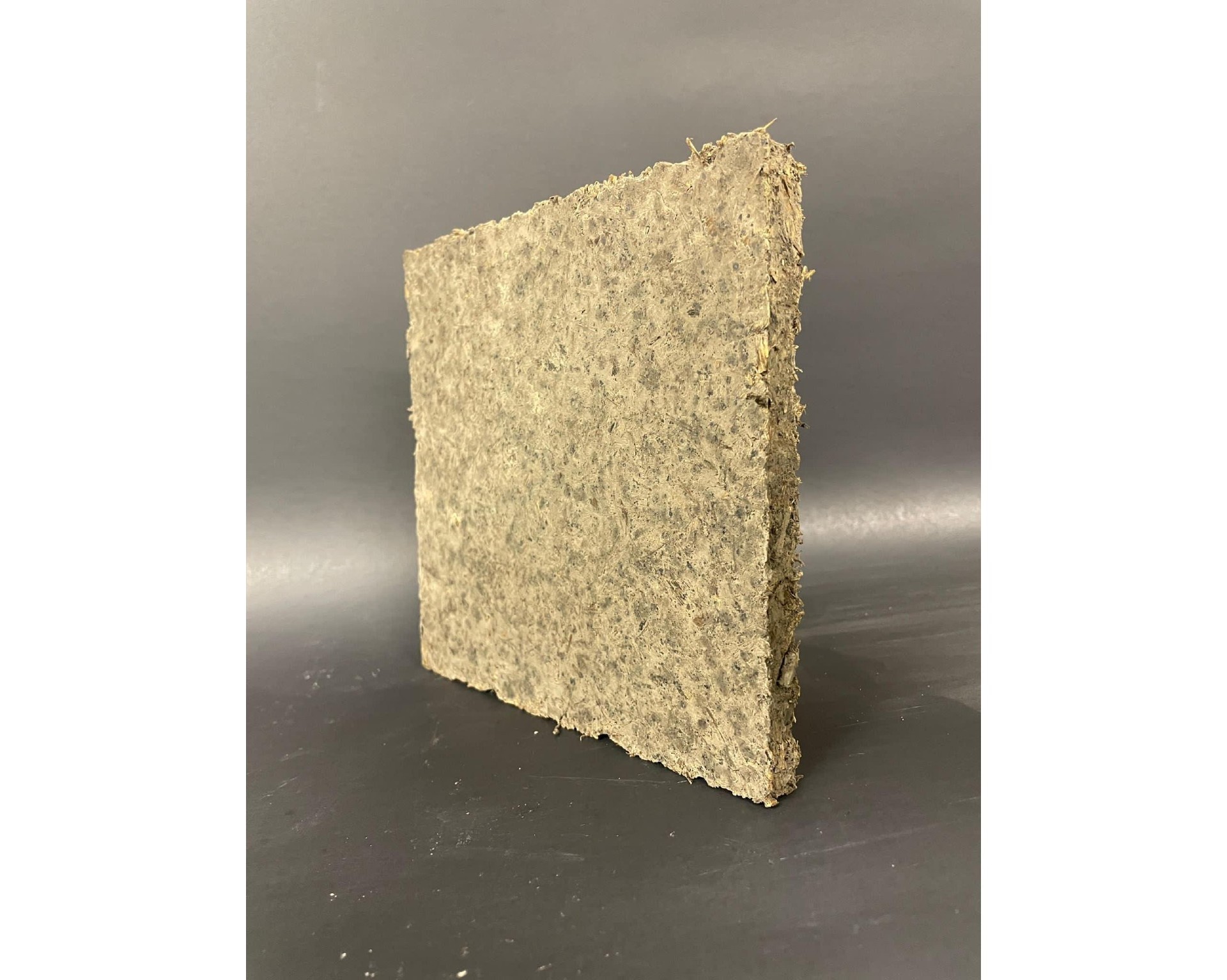Gina Cody School researchers pioneer eco-friendly construction materials
 Ahmed Soliman, Arman Hatami Shirkouh and Farshad Meftahi
Ahmed Soliman, Arman Hatami Shirkouh and Farshad Meftahi
The increasing scarcity of natural resources and the urgent need for sustainable waste management have led researchers at Concordia’s Gina Cody School of Engineering and Computer Science to explore innovative recycling technologies. One promising solution involves recycling agricultural waste for construction applications, specifically by creating eco-friendly zero-cement particle boards.
In a recent study published in Applied Sciences, researchers under the supervision of Professor Ahmed Soliman from the Department of Building, Civil, and Environmental Engineering, investigated the performance of these particle boards under harsh environmental conditions.
The study revealed that using slag—a by-product of steel-making—and agricultural waste materials (agro-waste) results in sustainable, stronger, and more compact particle boards. Traditionally, particle boards are made from wood or agricultural waste products bonded with cement or synthetic resins. However, the high carbon dioxide emissions associated with cement production have spurred the search for alternative binders.
 Eco-friendly zero-cement particle board
Eco-friendly zero-cement particle board
In this study, the researchers used a binder made from granulated blast furnace slag which reduces carbon emissions. They used this binder to produce zero-cement particle boards from agro-waste, such as straw, husks, and other plant residues. By recycling this waste, the researchers aim to reduce the environmental impact and provide a sustainable alternative to traditional construction materials.
The findings showed that higher slag content in the particle boards led to improved density, making the boards more tightly packed and stronger. Additionally, the boards exhibited better flexural strength, allowing them to bend without breaking.
However, the study also highlighted a challenge: repeated wetting-drying and freezing-thawing cycles decreased the boards' performance. These findings emphasize the importance of selecting appropriate working environments—such as indoor settings or areas without heavy rain or freezing temperatures—to optimize the performance of zero-cement particle boards.
This research was done by MSc student Arman Hatami Shirkouh and Farshad Meftahi, MSc '23 in Soliman’s lab in collaboration with researchers from the Research and Development Institute for the Agri-Environment in Québec City.
For more details on this research, refer to the full article in Applied Sciences.
Find out more about the Department of Building, Civil and Environmental Engineering.

